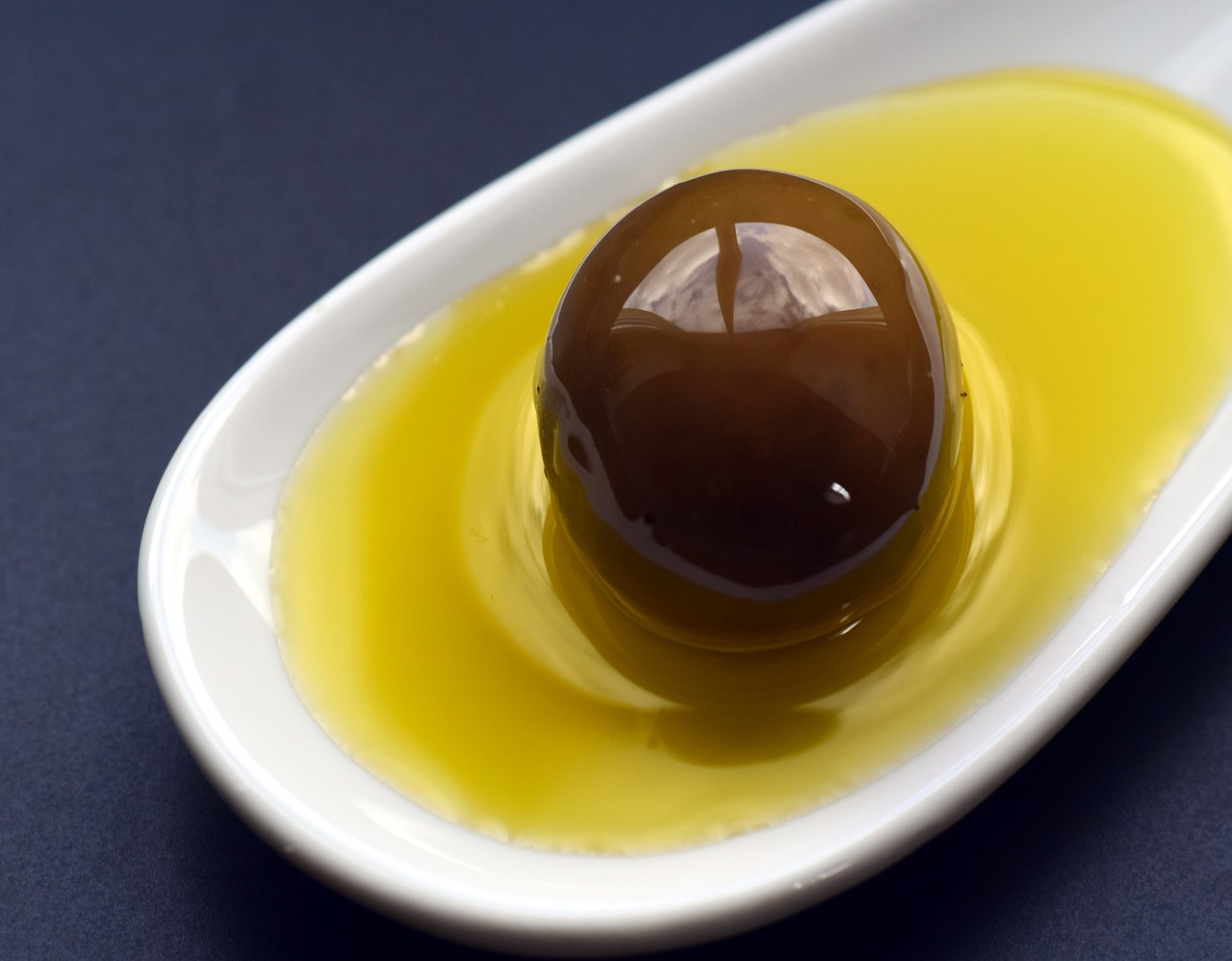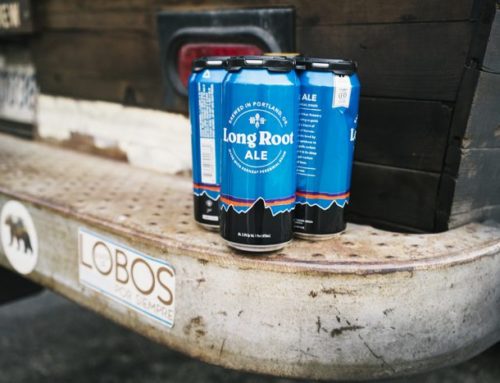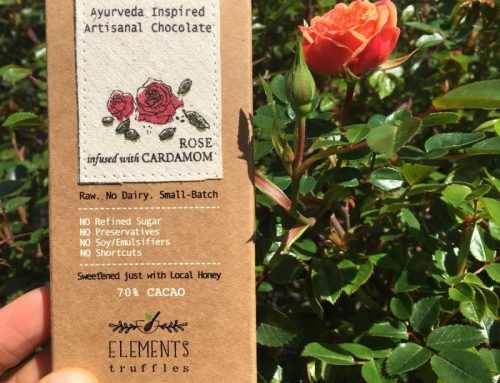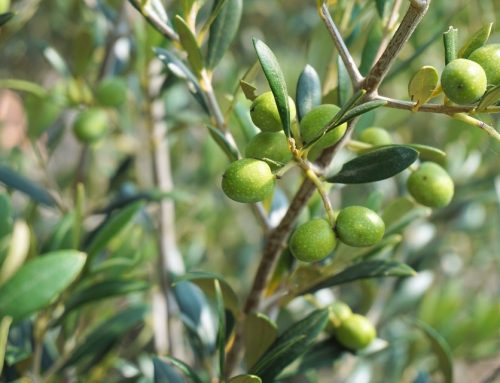Olive oil should be in everyone’s kitchen, not only for its unique flavor but for its many health benefits. Its famous spicy taste with a soft, rich texture make it a common ingredient in heart-healthy diets. Most supermarkets carry a wide variety from California, Italy, and Spain and specialty retailers can carry more unique bottles like Canaan from Palestine or oil from millenary trees. However, despite its benefits, cooking with olive oil is not a good move.
Olive Oil and Heat
All oils oxidize or break down as we expose them to air, sunlight or heat from the stove. Certain oils like corn or safflower break down quickly when we cook with them, while others do this at a slower rate. Coconut oil is popular because it breaks down at a slower rate and it’s an easy choice for a saute or stir-fry. Olive oil also oxidizes rather quickly thanks to its special, monounsaturated fat.
Monounsaturated fat is one of the best for bodies and immune systems. It helps fight cancer, build insulin resistance and burn calories. However, it has a low smoke point because it isn’t stable once heated.
Many home chefs have had the experience of heating a few tablespoons of olive oil and then watching the kitchen fill with smoke. While many chefs ignore it and continue cooking, this is a sign that the chef has ruined the oil and added free radicals to the meal. The color often darkens, just like burned food, and the taste is anything but palatable.
Changes in Taste
Food scientist and writer Harold McGee devoted years of his life to understanding the chemical structure of food and olive oil is a topic he has studied for years. While McGee is an olive oil love, but he’s a big critic of the oil. He knows a full, olive flavor is the true test of a good oil and that many a bad oil is hidden inside expensive, ornate bottles.
In November of 2010, McGee spoke with WNYC Radio about what he how he judges olive oils. He talked about mild and peppery oils and how flavor reflects the quality and the level of anti-inflammatories in each bottle.
That peppery flavor and all those helpful anti-inflammatory properties disappear once that oil heats to a degree above 360 degrees. In a supplementary article about olive oil that McGee wrote for the New York Times in the same month, he said, “after I’d heated them, none of the olive oils had much olive flavor left.”
Get the Most out of Your Olive Oil
What’s a chef to do? Think of that expensive, lovely oil as a dressing or finishing touch as opposed to a cooking oil.
When it’s time to fry or saute, the better choices are avocado oil or coconut oil. Both are much more stable and have a higher smoke point. Avocado smokes at 520 degrees Fahrenheit and coconut oil gets too smoky at 350 degrees Fahrenheit. Macadamia nut oil is another option for a high-smoke-point oil that’s good for cooking.
When using fresh olive oils, try a traditional, millenary oil from Spain to really celebrate the taste and tradition of the old olive groves. If possible, find a place that will let you taste the oil before you buy it so you know exactly what flavors you’re getting. Farmer’s markets, especially in California, are perfect places to try olive oils before buying. However, if you’re not near the grower it can be tough. Places, where you can taste oils before you buy, are becoming more common with chains like Vom Fass popping up in malls.
In summary, use your olive oil fresh. Don’t cook with it. Instead, drizzle it generously over your vegetables or on top of a green salad along with your favorite vinegar. This will let the sunny, natural flavor of the oil sing and help your body reap the benefits of this superfood.
Do you have a favorite olive oil? Do you have any advice on finding a great extra virgin olive oil or have another high-smoke point oil recommendation?Please share and comment below.






